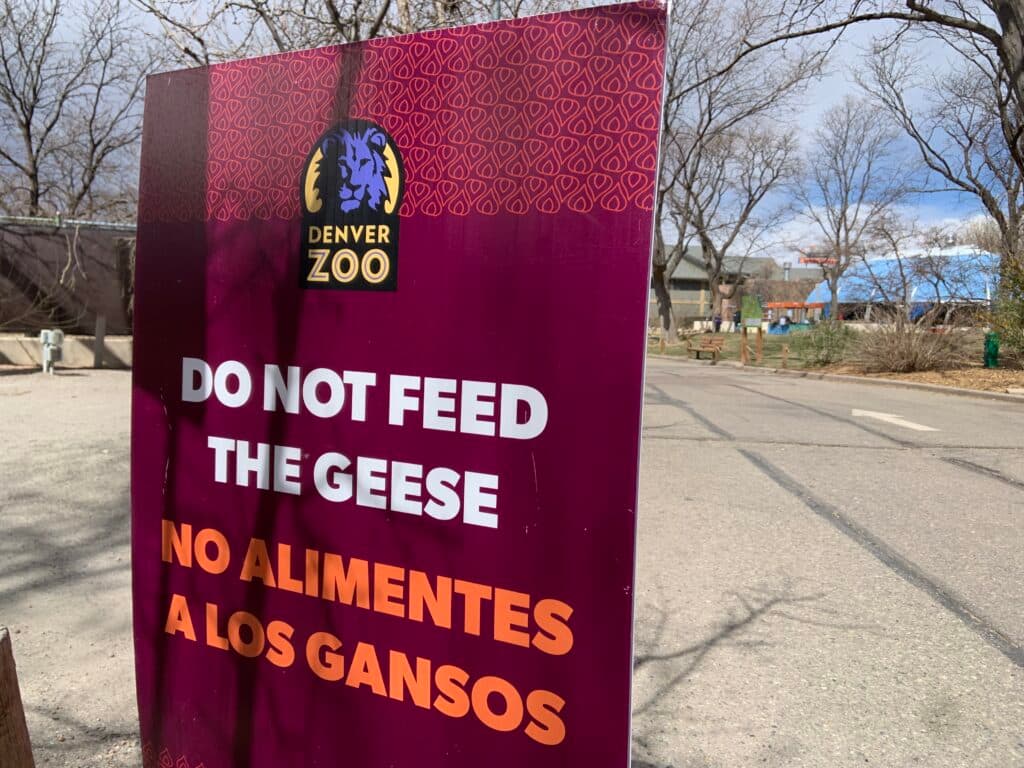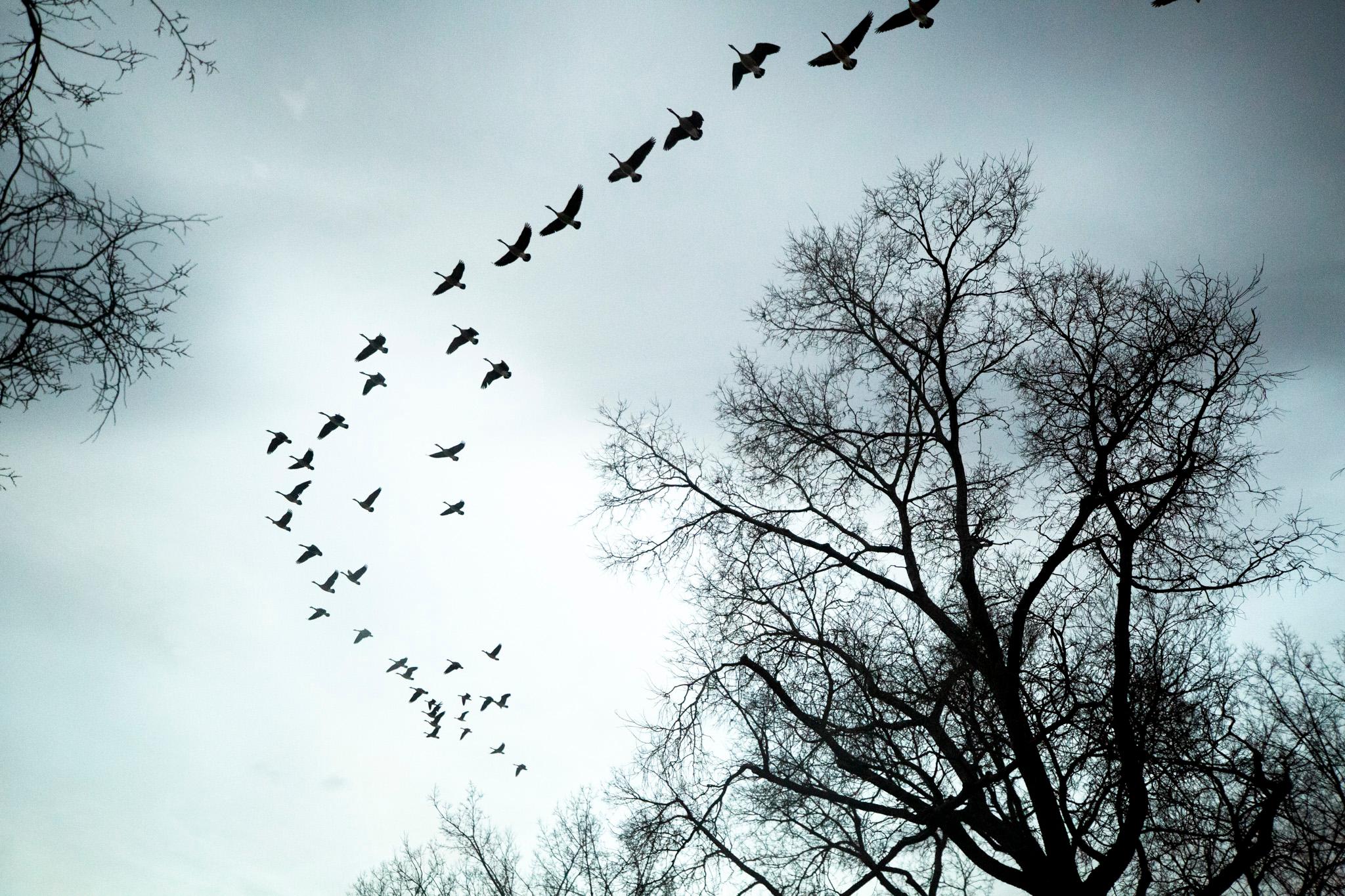Birds at the Denver Zoo are back under quarantine as zookeepers confirmed two cases of the avian flu among its animals.
Zoo officials confirmed Monday that two recently deceased birds -- a Brazilian teal and a Barrow's goldeneye -- came up positive for the highly pathogenic avian flu during tests by state and federal agencies.
"At this time, our bird keepers and veterinarians are closely monitoring all birds in our care and are prepared to manage any further cases of the virus," the zoo said in a statement.
Tens of millions of birds across the United States have fallen victim to the virus since cases began popping up in February. Most cases have been among geese, ducks and chickens. Birds that come into contact with the virus are practically guaranteed to die as it works quickly and no treatment exists. This strain of the avian flu is not harmful to humans.
The zoo's bird population -- which includes African penguins, flamingoes and lorikeets, among many other species -- was previously quarantined while cases were peaking in the spring.
When cases began to decrease over the summer, the zoo let birds back out into their outdoor habitats. It has kept them out ever since, even once cases began to climb in September. The uptick coincides with migratory season, when millions of wild birds fly through Colorado on their way south.
Avian flu cases are surging throughout the state.
Since October began, there have been 744 confirmed cases of avian flu in Colorado, according to the state Department of Agriculture.
On top of the birds directly killed by the disease, millions of uninfected, commercial chickens in Colorado have been euthanized to limit community spread. An entire 1.1 million chicken commercial flock was put down in September after a single case was discovered at a Weld County facility.
Dr. Maggie Baldwin, Colorado's State Veterinarian, said the outbreak's longevity is very uncommon.
"We really don't know what the future looks like with this outbreak. Europe, for example, has been dealing with this strain for about 18 months," Dr. Baldwin said. "And so, that doesn't look very good for us."
Bird owners are being urged to take precautions that prevent the spread of the virus. According to veterinarians, domestic flocks should be kept inside their coops, where they are less likely to come in contact with wild birds. Some experts also advise people to remove bird feeders from their backyards or to have a designated pair of shoes just for yard work, since the disease can spread through bird droppings on the ground.
While avian flu cases among humans are extremely rare, the Colorado Department of Agriculture is warning zoonotic spread could occur in people who handle birds often, like hunters and farmers. Those people should take precautions, such as wearing personal protective equipment, avoiding sick game, and fully cooking poultry before eating it.
If a mysterious bird death occurs, or a dead wild bird is found, there are several hotlines people can call so officials can investigate whether avian flu is responsible.
Gov. Jared Polis recently extended a disaster declaration allowing state agencies to better coordinate their response to avian flu outbreaks. The order currently runs through Nov. 19.











